The Avatars of Orable-Guibourc from French chanson de geste to Italian romanzo cavalleresco. A Persistent Multiple Alterity
The Avatars of Orable-Guibourc from French chanson de geste to Italian romanzo cavalleresco. A Persistent Multiple Alterity
Descrizione
Orable-Guibourc, a Saracen princess in the Guillaume d'Orange (or Monglane) cycle of chansons de geste epitomizes the «Saracen princess» story, in which a Muslim princess abandons her community for love of a Christian fighter. Yet Guibourc's character never becomes truly a part of her new community: linked to her previous religion and family, fears of treachery distance her from the Christians. Similarly, her having renounced her upbringing keeps her forever from her home, though her husband and family there still claim her as property. Writers from the first Old French texts where she appears through Renaissance Italians play upon this double jeopardy, interpreting and depicting her role and acts in different ways, emphasizing varying aspects of her personality, family and background, keeping her forever different, forever Other. This article outlines some of the historical contexts and forms in which authors worked to produce these avatars of Orable/Guibourc.
Editore:
Dipartimento di Studi Linguistici e Letterari dell'Università degli sudi di PadovaData:
2015Formato
application/pdf (546.52 kB)
Soggetto
• Dewey Decimal Classification -- Literature & rhetoric (800) -- Literatures of Romance languages (840) -- French speeches (845)











 è un servizio del
è un servizio del